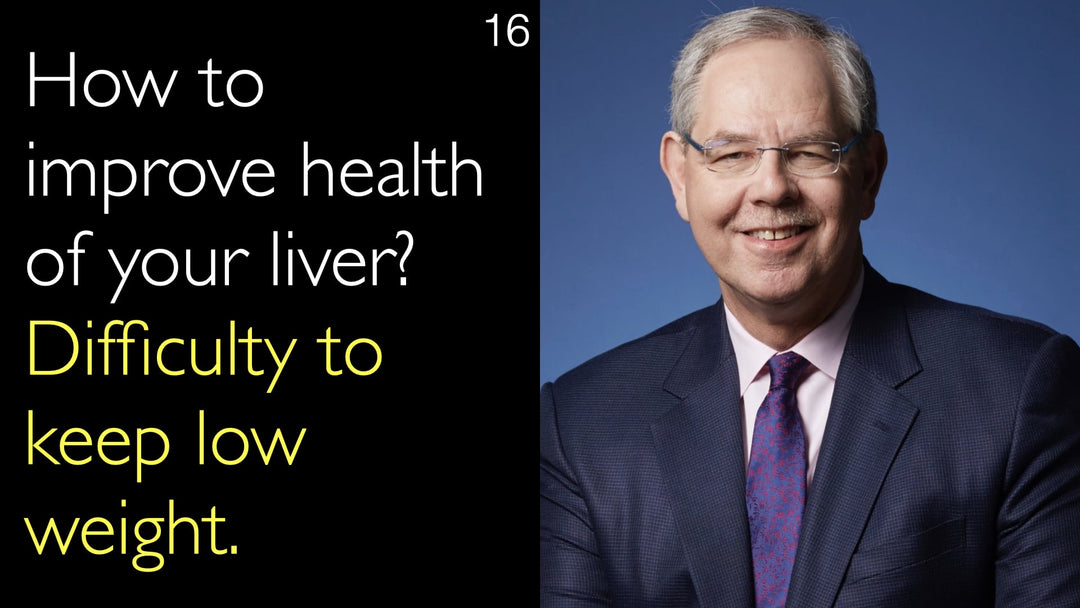Leading expert in pediatric rheumatology, Dr. Randy Cron, MD, explains the need for better organization in the subspecialty. He advocates for an early and aggressive treatment approach for rheumatic diseases in children. Dr. Randy Cron, MD, emphasizes that the disease is often worse than the potential side effects of modern medications. He discusses the concept of a 'window of opportunity' for more effective treatment. This philosophy aims to improve patient outcomes by flipping the traditional treatment pyramid.
Early Aggressive Treatment Strategies in Pediatric Rheumatology
Jump To Section
- Pediatric Rheumatology Specialty
- Clinical Trial Challenges
- Treatment Philosophy
- Window of Opportunity
- Mentorship Influence
- Full Transcript
Pediatric Rheumatology Specialty
Dr. Randy Cron, MD, describes pediatric rheumatology as a relatively young subspecialty in medicine. He notes that patient numbers are not large, with some diseases being rare and others less rare. This field focuses on autoimmune and inflammatory conditions affecting children's joints, muscles, and connective tissues.
Clinical Trial Challenges
Dr. Randy Cron, MD, explains that pediatric rheumatology lacks the organized clinical trial infrastructure seen in pediatric oncology. He observes that not every child with rheumatic diseases gets enrolled in clinical trials, unlike cancer patients who often participate in multiple studies. This gap limits collective learning and treatment advancement for future patients.
Treatment Philosophy
Dr. Randy Cron, MD, advocates for an aggressive early treatment approach when facing limited clinical trial data. He believes rheumatic diseases are typically worse than potential medication side effects. His strategy involves flipping the traditional treatment pyramid to use effective medicines quickly rather than starting conservatively.
Window of Opportunity
Dr. Randy Cron, MD, discusses the important concept of a treatment 'window of opportunity' in pediatric rheumatology. He explains that diseases may be more amenable to treatment during specific early phases. A slow, stepped approach might miss this critical period when the immune system responds best to aggressive intervention.
Mentorship Influence
Dr. Randy Cron, MD, credits his early training with influential physicians for shaping his treatment approach. He specifically mentions learning from Dr. Carol Wallace and Dr. David Sherry, who practiced aggressive treatment strategies. Their philosophy emphasized that disease consequences often outweigh therapy risks in pediatric rheumatology.
Full Transcript
Dr. Anton Titov, MD: Professor Cron, is there anything in your personal interest, philosophy, life experience that you'd like to share?
Dr. Randy Cron, MD: As a pediatric rheumatologist, we're a relatively young subspecialty in this country. Medicine is pretty young, and we don't have large patient numbers. Some of our diseases are rare, some are less rare.
We're probably not as organized as our oncology colleagues, for example. Almost every child with cancer gets put into some kind of clinical trial or multiple clinical trials, so they can not only benefit the patient, but we all learn for the next patient.
We're getting there slowly but surely in rheumatology, in pediatric rheumatology in particular.
Dr. Randy Cron, MD: When you see a patient in front of you and you don't have randomized, double-blinded, gold standard, placebo-controlled trials to tell you what to do, my personal strategy has been as the medicines have gotten better, that the disease is almost always worse than the potential for side effects of medicines that work really well and quickly.
Medicines are not free from side effects, but they have low risk of side effects. My approach early on has been to flip this pyramid.
That, in part, comes from some of my early training with people like Dr. Carol Wallace and Dr. David Sherry, who had a relatively aggressive approach to treating many of our rheumatic diseases. Again, because the disease is often far worse than the therapies.
So, in general, that's been my approach to many of our diseases. It is to treat them early and aggressively.
There's even a concept of a 'window of opportunity' in which the disease may be much more amenable to treatment.
Dr. Randy Cron, MD: But if you kind of slow step in, that may not be the case. The immune system may or may not respond as well with that approach, as opposed to an early aggressive approach. It's more of a philosophy, but I think it's worked rather well.
Dr. Anton Titov, MD: Professor Cron, thank you very much for this most informative conversation. We've learned a lot.
We certainly hope to come back to you in the future because the rheumatology and immunology part of rheumatology is developing very fast. New medicines are being tested and appear and changing the lives of the patients.
Thank you very much for your time and for sharing your wisdom and knowledge.
Dr. Randy Cron, MD: My pleasure.







